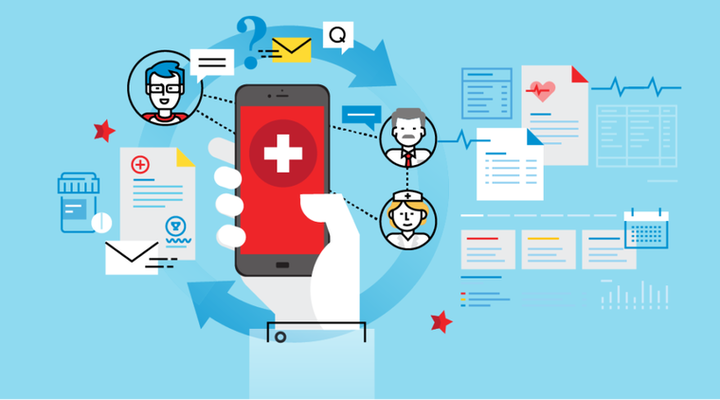Active patient participation is a crucial element in delivering effective healthcare services. It enables individuals to play an active role in their personal health and wellness journey. Patients engaged in their own care often experience improved outcomes, higher satisfaction rates, and reduced expenses associated with healthcare.
The Benefits of Patient Engagement
Improved Health Outcomes
Research has consistently shown that patients actively engaged in their care tend to have better health outcomes. They are more liable to follow treatment plans, manage medications effectively, and adopt healthy behaviors like regular exercise and a balanced diet.
Enhanced Patient Satisfaction
When patients feel heard and involved, their satisfaction with the healthcare system increases. This, in turn, leads to higher patient retention rates for healthcare providers. Engaged patients are also more likely to recommend their healthcare providers to family and friends. This contributes to a positive reputation and increased business for the practice.
Reduced Healthcare Costs
Engaged patients tend to utilize healthcare services more appropriately, helping reduce unnecessary costs. They are less likely to seek emergency care for non-urgent issues or visit multiple providers for the same problem.
Strategies for Enhancing Patient Engagement
Clear Communication and Education
Effective communication is at the heart of patient engagement. It is essential for healthcare professionals to communicate medical information in simple terms while avoiding using technical terms. They need to explain diagnoses, treatment choices, and possible adverse effects in an unambiguous and straightforward way.
Use of Technology
Technology plays a significant role in enhancing patient engagement. Secure messaging systems assist in communication between healthcare providers and patients, while electronic health records offer easier access to medical information for patients.
Shared Decision-Making
Shared decision-making is an approach that involves both the patient and healthcare provider working together to make informed decisions about care. This collaborative process encourages patients to ask questions, share preferences, and actively participate in the decision-making process.
Streamlined Billing and Insurance Processes
Navigating the complexities of medical billing and insurance is a significant barrier to a lot of patient engagement. The experts at Find-A-Code.com say that by streamlining these processes and making it easier for patients to understand their financial responsibilities, healthcare providers can help to remove some of the stress associated with seeking medical care. This includes providing clear explanations of CPT codes and other billing information as well as offering assistance with insurance claims and payment plans. (More Info)
Tips for Patients to Increase Engagement
Be Proactive and Prepared
Patients can take charge of their healthcare experience by being proactive and prepared for appointments. This could include keeping track of medical records, making a list of questions or concerns, and familiarizing themselves with any prescribed medications or treatments.
Establish Open Communication with Providers
Establishing open and honest communication with healthcare providers is vital for patient engagement. Patients should feel comfortable discussing concerns, asking questions, and expressing preferences. Providers, in turn, should be receptive to patient feedback and demonstrate empathy and understanding.
Utilize Available Resources
Patients can take advantage of various resources to better engage in their healthcare. This might include online patient portals, support groups, and educational materials provided by their healthcare providers.
Advocate for Personal Needs
It’s essential for patients to advocate for their own needs and preferences when it comes to their healthcare. This could involve searching out a second opinion, requesting alternative treatment options, or even discussing potential barriers to care.
Conclusion
Patient engagement is a vital part of modern healthcare. For patients, being proactive, informed, and assertive could lead to more personalized and effective care. Together, these efforts can result in improved health outcomes, greater patient satisfaction, and a more efficient healthcare system.

